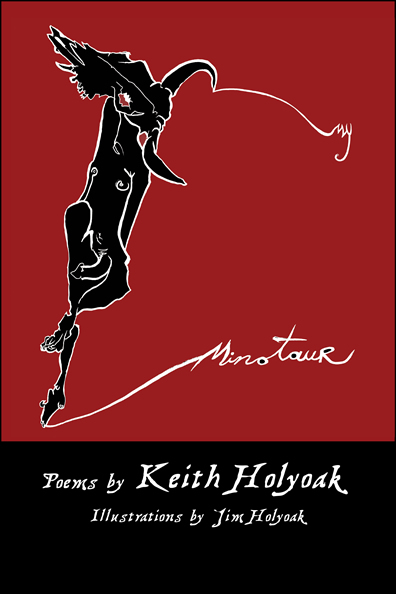|
FACING THE MOON: Poems of Li Bai and Du Fu
Translated by Keith Holyoak
visit page
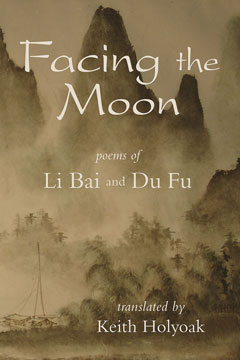
Order paperback through Small Press Distributors
Audio version available from Audible: 
Also available as an ebook:



And CD
THE GOSPEL ACCORDING TO JUDAS
visit page
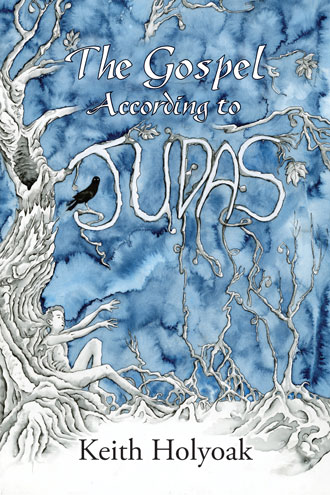
 Click here to get the audio book free with a 1 month membership trial. Click here to get the audio book free with a 1 month membership trial.
Mysterious emails pleading for help—after twenty centuries, Judas Iscariot has been resurrected—as a poet—and wants the world to hear his story. His recollections of his days as an apostle are blended with meditations on love and friendship, on betrayal, remorse and forgiveness. Speaking sometimes in his own voice, sometimes assuming those of Jesus, Mary Magdalene and others, Judas grapples with the complexities of spiritual life and the human condition.
"Rich with allusions to Scriptures across the canon of world religions, together with historical sensitivity and imaginative insight, Keith Holyoak’s Gospel According to Judas offers us a twenty-first century Everyman. He is painfully and persistently honest, occasionally hesitant, yet wedded to the urgency of the religious quest. His voice is true and – in Keith Holyoak’s rendering – almost unbearably precise."
—Bruce Chilton, author of Rabbi Jesus: An Intimate Biography
FOREIGNER
visit page
 "In his latest book of poems, Foreigner, Keith Holyoak carries his expertise as a scholar and translator of Chinese poetry to a new level—he has composed an entire volume of his own poetry in the style of the earliest classical Chinese poems. Holyoak has also included a number of his expert translations of some of these poems, but the bulk of Foreigner is in his own distinctive voice and manner. The poems touch upon many topics and scenes, not all of them Chinese, but this American poet has managed to resurrect for anglophone readers the tone, aura, reticence, and profoundly dignified simplicity of the classical Chinese masters whom he has studied. Foreigner is also a magnificently illustrated book, with pictures that comport perfectly with the exquisite text." "In his latest book of poems, Foreigner, Keith Holyoak carries his expertise as a scholar and translator of Chinese poetry to a new level—he has composed an entire volume of his own poetry in the style of the earliest classical Chinese poems. Holyoak has also included a number of his expert translations of some of these poems, but the bulk of Foreigner is in his own distinctive voice and manner. The poems touch upon many topics and scenes, not all of them Chinese, but this American poet has managed to resurrect for anglophone readers the tone, aura, reticence, and profoundly dignified simplicity of the classical Chinese masters whom he has studied. Foreigner is also a magnificently illustrated book, with pictures that comport perfectly with the exquisite text."
—Joseph S. Salemi, Editor, Trinacria
Original poetry by Keith Holyoak, in classical Chinese style, accompanied with illustrations by his son Jim Holyoak. Available from Dos Madres Press.
Praise for Foreigner:
"It is not every day a professional cognitive psychologist turns into a poet, yet that is what we have in Keith Holyoak. His study of Chinese poetry, especially Li Bai (Li Po) and Du Fu (Tu Fu), was the catalyst that brought about this remarkable metamorphosis. He has somehow managed to let the spirit of Chinese poetry speak through him, with no loss of his sense of being an American. A wonderful intelligence is brought to the task, which understands the profound subtlety of poetry, no matter what nationality it is. He writes in ‘Return to Peach Blossom Spring’: “Radiance washed / The blindness from my eyes.” We are able to re-experience the world through him, renewed in this way. His grasp of form, of political reality, of transience, and of the redemptive powers working in poetry, bring to American literature something no country can afford to lose: a sense of class in the fine arts. The Dos Madres Press is to be congratulated for publishing this book, which is sensitively illustrated by Jim Holyoak, son of the poet and psychologist."
—Sebastian Barker FRSL, poet and editor of The London Magazine 2002-2008
"Keith Holyoak in his earlier volume, Facing the Moon, has given us some of the most elegant translations we have of Li Bai and Du Fu. Here he adds further translations, including excellent ones of two of Li’s masterpieces. But this is primarily a collection of original poems by Holyoak himself, largely inspired by Chinese poetry. Chinese poetry has long exercised an influence upon certain of our own poets. Holyoak joins their number with his superbly crafted verses, covering the range from modernistic, half-rhymed poems to “neo-formal” metrical poems with various rhyme schemes. He is unique in fact among American poets in having paid attention to the formal and structural aspects of Chinese verse, and successfully weaving them into his own creations. The poet’s son, Jim, contributes evocative paintings that conjure up a Chinese Samuel Palmer in their visionary intensity."
—Jonathan Chaves, Professor of Chinese, George Washington University
|

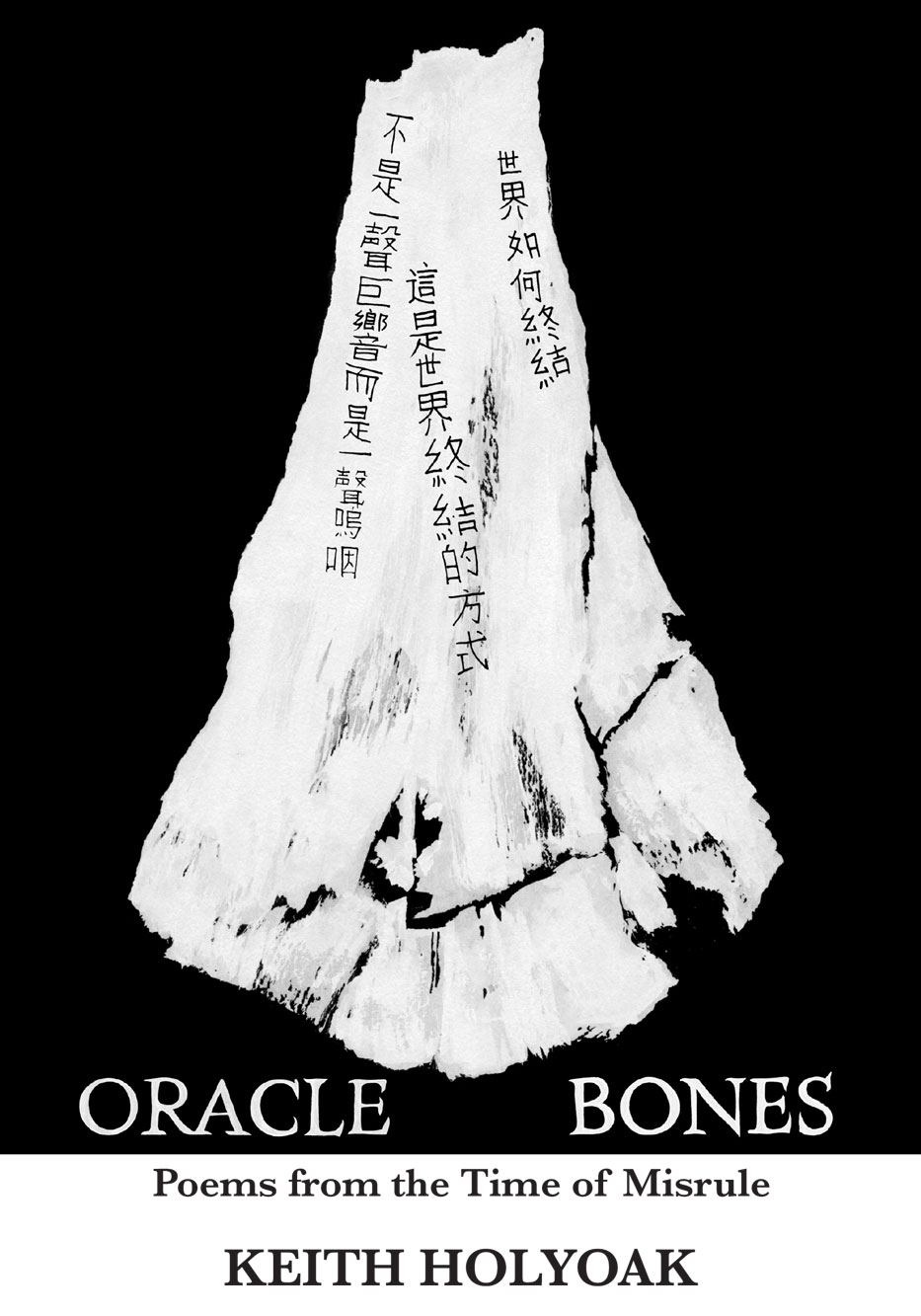
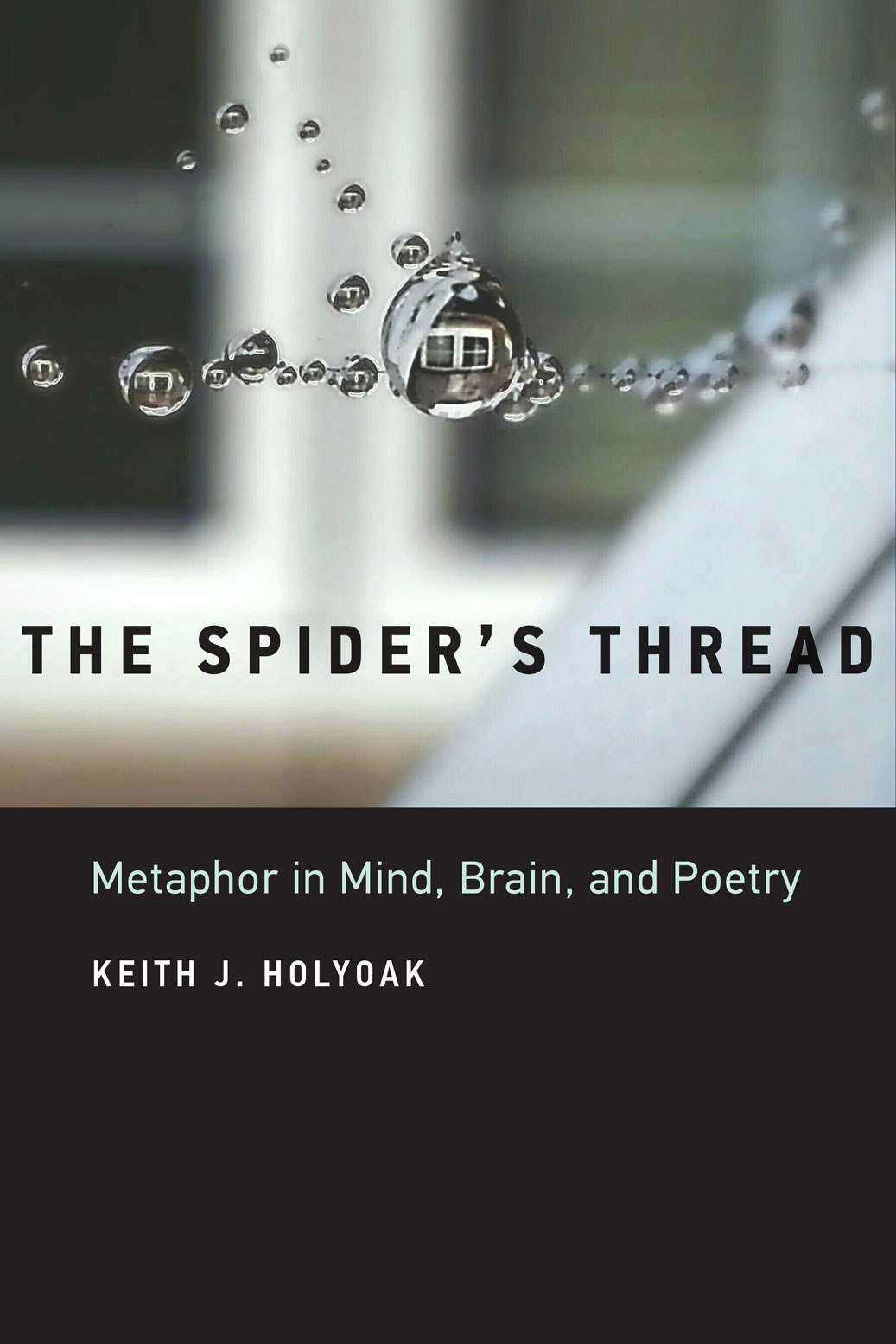


 "In his latest book of poems, Foreigner, Keith Holyoak carries his expertise as a scholar and translator of Chinese poetry to a new level—he has composed an entire volume of his own poetry in the style of the earliest classical Chinese poems. Holyoak has also included a number of his expert translations of some of these poems, but the bulk of Foreigner is in his own distinctive voice and manner. The poems touch upon many topics and scenes, not all of them Chinese, but this American poet has managed to resurrect for anglophone readers the tone, aura, reticence, and profoundly dignified simplicity of the classical Chinese masters whom he has studied. Foreigner is also a magnificently illustrated book, with pictures that comport perfectly with the exquisite text."
"In his latest book of poems, Foreigner, Keith Holyoak carries his expertise as a scholar and translator of Chinese poetry to a new level—he has composed an entire volume of his own poetry in the style of the earliest classical Chinese poems. Holyoak has also included a number of his expert translations of some of these poems, but the bulk of Foreigner is in his own distinctive voice and manner. The poems touch upon many topics and scenes, not all of them Chinese, but this American poet has managed to resurrect for anglophone readers the tone, aura, reticence, and profoundly dignified simplicity of the classical Chinese masters whom he has studied. Foreigner is also a magnificently illustrated book, with pictures that comport perfectly with the exquisite text."